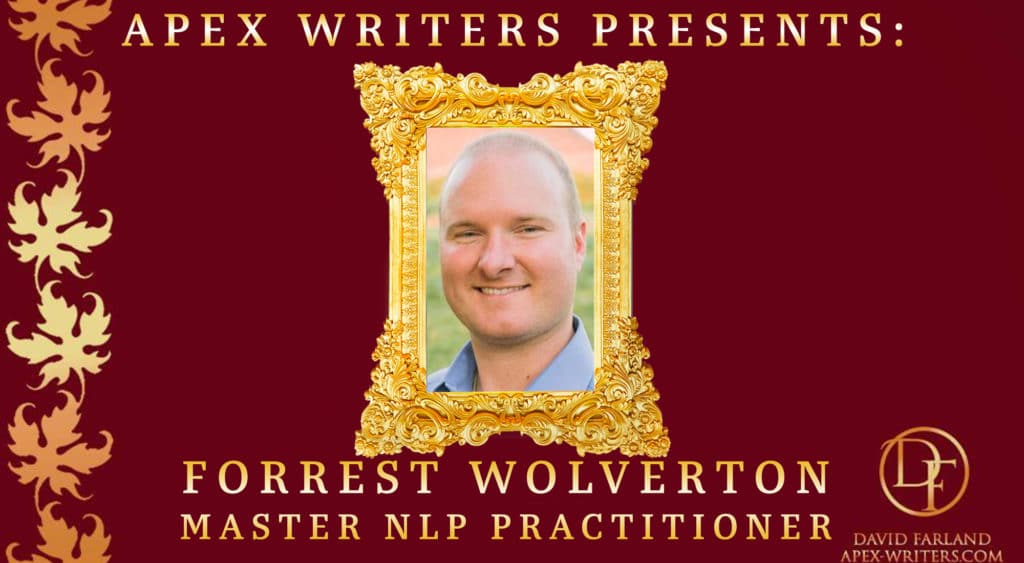Come Original
The first thing that I seek in a great story is originality. You may not realize it, but the most common problem with stories is that they’re tepid. The same ideas crop up over and over again. So I look for new and intriguing concepts, especially when I’m judging science fiction and fantasy.
Very often with Writers of the Future, it seems that stories come along in thematic clusters. For example, the quarter after the sheep Dolly got cloned, I had dozens of stories come across my desk about cloning. Now, were any of them publishable? Sort of. The writing was often good, the story fairly interesting. But I don’t think that I had a finalist about cloning that quarter. The idea felt tepid.
One quarter, I got several good stories that featured mind transference. The quarter before that, it was ghost stories. One quarter, I got no less than twenty stories written from the point of view of sperms making a heroic journey. (Life is hard when you’re dodging gobs of spermicidal gel, white blood cells hell-bent on destruction, and struggling not to get bounced out of the race by the sperms of Hitler wannabes.)
Stand Out
So when I see several iterations of the same idea, I have to ask myself, “What makes this story stand out? What makes it better than others?”
The truth is, that sometimes one of the authors stretches himself or herself further than others. They look for a new idea to couple with an old, twisting it, so that we get something that I haven’t seen before.
For example, in that quarter of Writers of the Future where I got several good ghost stories, one of them stood out to me. Alisa Alering’s take, “Everything You Have Seen” is a ghost story in an unusual setting—Korea—during the Korean War. In it, a young girl meets a ghost, a young American boy who can communicate by holding his hands up and creating visions, windows into his own world, that the girl can peer into.
So we have a ghost story in a bit of an unusual setting. It features two interesting characters, one of whom has a unique power that I haven’t seen before. Beyond that, Alisa writes beautifully and evocatively, with subtle twists of phrases that “recreate” the language, heighten it. So she scored higher on the originality scale, than did some of the other authors who had written ghost stories that quarter. I sent hers on to the other judges, and she won first place for her quarter.
Do you see how a story can manifest originality in a number of ways?
1. Premise
Your story may explore an idea that no one has ever written about before. Greg Bear’s “Blood Music,” for example, is a story about a man who engineers the DNA in his blood so that each cell becomes a miniature computer. The cells begin creating their own vessels to explore his body, and become sentient . . . and, well, I don’t want to spoil it for you. But it’s a great idea. Similarly, the concepts of mathematical sociology that lead to social engineering in Asimov’s Foundation series really intrigued me as a teen. In science fiction and fantasy, the unique idea shows the highest form of creativity.
2. Setting
You may have a unique setting. In Frank Herbert’s Dune series, Herbert creates an entire world that has its own interesting flora, fauna, and societies. Tolkien does it in The Lord of the Rings.
3. Characters
You can show originality by creating fascinating characters. For example, in the novel Forrest Gump, we meet a boy who is handicapped—physically crippled as a child, mentally challenged as an adult, and emotionally scarred throughout his life. Yet his ability to retain a positive attitude is remarkable and endearing.
4. Conflicts and Themes
You can show originality as you explore the basic conflicts and themes that you deal with. Sometimes, you can take a fairly stock character and make them fascinating that way.
You can be original in your treatment of a tale—in the artistry that you use to construct scenes, to bring the tale to life, and in the language you use to tell it in a beautiful and powerful way.
The single largest problem with stories is that somewhere along the line, the writer demonstrated a failure of imagination. Remember that. Stretch your imagination in your tales, and when you feel that it is about to snap, stretch it some more.
Happy Writing!
David Farland
Regular and beloved guest speaker Forrest Wolverton will be our guest this Saturday on www.apex-writers.com









